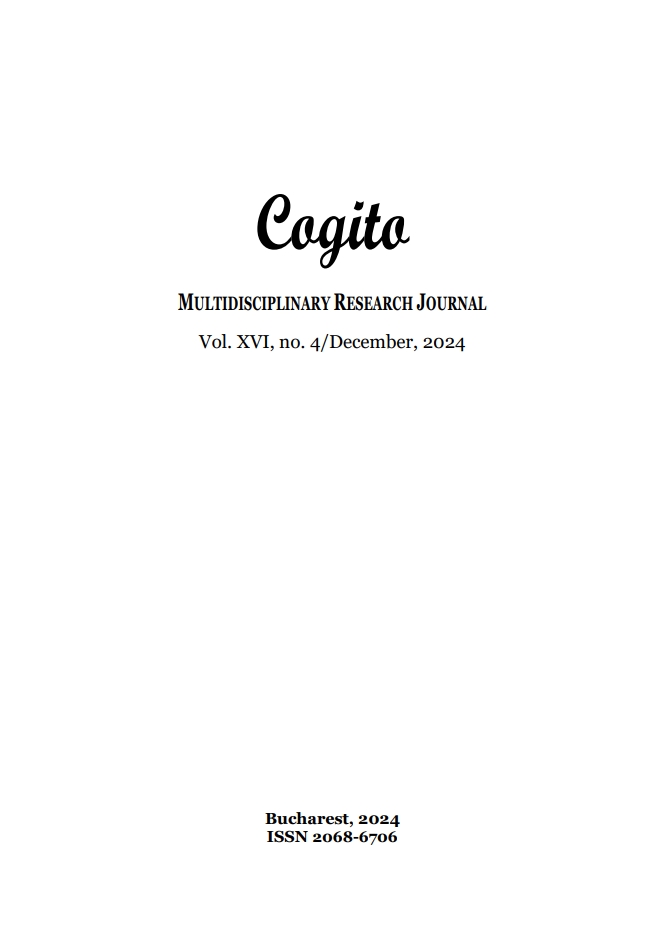ON THE INTERGENERATIONAL ASPECT OF RAWLS’ THEORY OF JUSTICE
ON THE INTERGENERATIONAL ASPECT OF RAWLS’ THEORY OF JUSTICE
Author(s): Naira MkrtchyanSubject(s): Philosophy, Philosophical Traditions, Special Branches of Philosophy, Analytic Philosophy, Philosophy of Law, Philosophy of History
Published by: Editura Pro Universitaria
Keywords: intergenerational justice; Rawls’ theory of justice; post-Soviet societies; institutional reforms; durability; resilience; non-individualistic commitments;
Summary/Abstract: The article is focused on finding out when and to what extent the intergenerational aspect is incorporated in Rawls’ theory of justice: whether it is incorporated at a later stage as an extension of Rawls’ main ideas on social justice to the relations between generations, or adopted in advance and in a much more complex way than it appears at first glance stretching all over his theory. If the latter is the case, then it should have further implications on Rawls’ theory of justice in terms of its general direction and main commitment. Inspired by the experiences of post-Soviet societies, in particular, their initiatives to reform institutions within the liberal democratic frame in order to create durable and resilient ones, and invoking the theoretical framework by North, Wallis, and Weingast, the article proposes a new reading of Rawls’ theory of justice from the intergenerational aspect.
Journal: Cogito - Multidisciplinary research Journal
- Issue Year: 2024
- Issue No: 4
- Page Range: 30-45
- Page Count: 16
- Language: English

